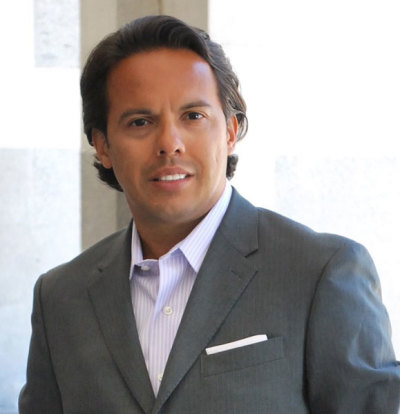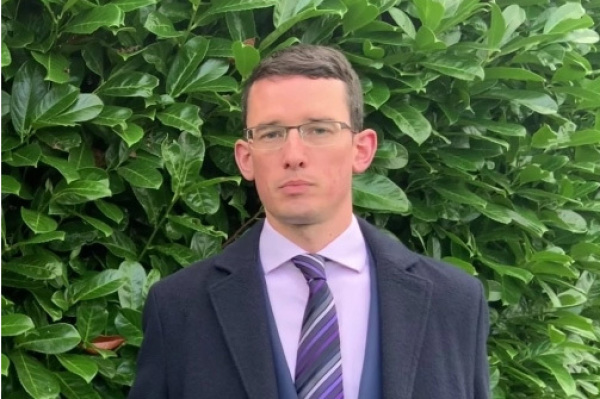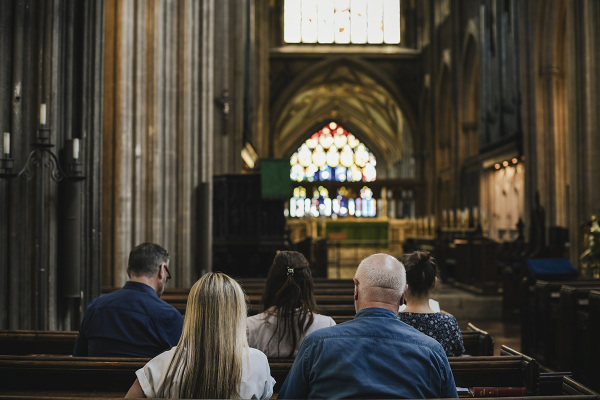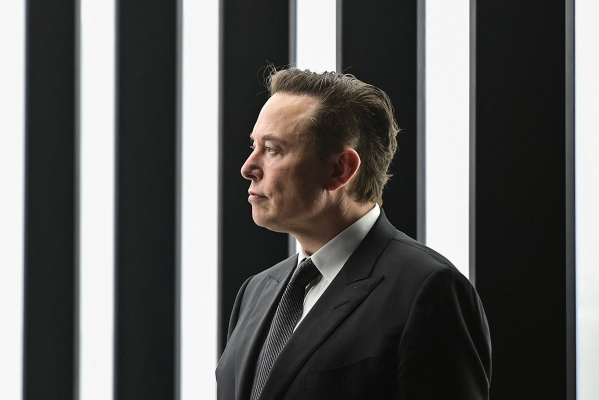Hispanic Evangelicals May Play a Pivotal Role in Selecting Next President

Based on the performance on display in Iowa last weekend by several of the Republican presidential hopefuls, none of them seem to be paying attention to what could deliver the keys to the front door of the White House: Latino voters. Hispanic populations have grown by an average of 77 percent in nine presidential battleground states since 2000.
Based on the performance on display in Iowa last weekend by several of the Republican presidential hopefuls, none of them seem to be paying attention to what could deliver the keys to the front door of the White House: Latino voters. Hispanic populations have grown by an average of 77 percent in nine presidential battleground states since 2000.
Both Republicans and Democrats would be wise to pay very close attention to how they navigate two issues in particular: immigration and education. While Hispanic evangelicals traditionally support social conservatives, polling indicates they are willing to depart from party orthodoxy to support candidates who share their beliefs on these two issues. Nearly nine in 10 Hispanic voters supported President Barack Obama's use of executive action late last year to protect undocumented workers from deportation. Fifty-seven percent of registered Hispanic voters call education an "extremely important" issue, putting it ahead of the economy and healthcare.
As a pastor, I've witnessed the suffering of those living in the shadows of our immigration system. I've counseled families torn apart by the legal status of a loved one. Our system begets broken families, poverty and a dependence on government that often gets passed from one generation to the next. We can and must do a better job of putting an end to the cycle by establishing a path for undocumented immigrants to earn U.S. citizenship without amnesty, which would require paying back taxes, passing background checks and demonstrating a comprehensive knowledge of U.S. civics.
Likewise, leaders must continue to champion high education standards, greater academic accountability and school choice. Over the past year, efforts to implement high, comparable academic standards have drawn a great deal of scrutiny. I'm often baffled by criticisms that focus largely on political dogma and little on the value of setting rigorous expectations for our children.
As Christians we are called to confront America's education crisis with both conviction and compassion. Young people with a fundamental understanding of core knowledge are more likely to hold good jobs, invest back in their community, and stay out of trouble with the law.
Sadly, for too long we have let the bar gradually slip, especially for low-income and minority students.
Non-federal, comparable standards ensure at each grade level children will develop the skills and knowledge to graduate from high school prepared for college-level work or a competitive job. That's important for Hispanic students, only about half of who complete high school on time, if at all. More than 58 percent of Latinos entering a two-year college require remediation, and just one in 10 college students in remediation will graduate. For most, the result is debt with little to show for it.
We have a responsibility to hold all young people to rigorous academic expectations, regardless of race or where they grow up. Failing to do so ignores the worth of every child and effectively systematizes the notion some students just aren't "smart enough," reinforcing cycles of poverty and inequality. Similarly, young people who are gifted should be liberated to learn at their own pace and reach for the stars. We can have a system that respects the needs of every child and their unique talents.
Fortunately, a few likely presidential candidates have shown the courage not to back away from their support for high standards. Govs. Jeb Bush, Mike Huckabee, John Kasich and Chris Christie are among those who have stood by their call for rigorous classroom expectations. Polling finds more than two-thirds of voters favor high education standards. Among minority families, support is even stronger.
As the representative of 40,000 churches across the country, I encourage the presidential candidates to make clear their positions on high education standards and fair immigration policy. The Hispanic faith community will be listening closely to where candidates stand on reforms that align with the word of God and respect the dignity of all his people.
This column was originally published in The Des Moines Register.






















